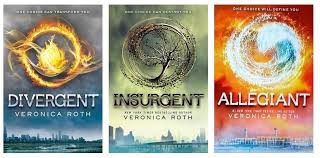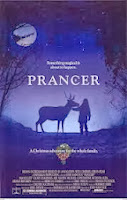 A dystopia is the opposite of a utopia. None of the challenges and choices should come as a shock to the reader. In the Hunger Games trilogy, children kill other children to survive "a game" while people manipulate events to force them to fight. For many of the people in the society, this is a form of entertainment. The characters in the Maze Runner trilogy are manipulated multiple times and treated like expendable science experiments. They are never given the full truth about their society and why they are being forced into horrendous circumstances. They persevere through many trials in order to seek the truth and a possibility of survival. In The Knife of Never Letting Go (Chaos Walking trilogy), the main characters are desperate teens who must struggle against evil adults and a broken society. The author throws in a curve ball with the setting which is on a distant planet where the men's thoughts can be heard by the women which has greatly complicated relationships between the sexes. Due to these circumstances, the planet that the original settlers thought would be their utopia has morphed into an awful dystopia. There too, the main characters are faced with many difficult choices and sacrifices.
A dystopia is the opposite of a utopia. None of the challenges and choices should come as a shock to the reader. In the Hunger Games trilogy, children kill other children to survive "a game" while people manipulate events to force them to fight. For many of the people in the society, this is a form of entertainment. The characters in the Maze Runner trilogy are manipulated multiple times and treated like expendable science experiments. They are never given the full truth about their society and why they are being forced into horrendous circumstances. They persevere through many trials in order to seek the truth and a possibility of survival. In The Knife of Never Letting Go (Chaos Walking trilogy), the main characters are desperate teens who must struggle against evil adults and a broken society. The author throws in a curve ball with the setting which is on a distant planet where the men's thoughts can be heard by the women which has greatly complicated relationships between the sexes. Due to these circumstances, the planet that the original settlers thought would be their utopia has morphed into an awful dystopia. There too, the main characters are faced with many difficult choices and sacrifices. Along with the twisted, repressive, controlling societies these characters must navigate, they are also struggling against themselves and their flawed natures. Just as in life, poor decisions will be made and bad things will result from them. This is not the first time in teen fiction that something happened to a character causing readers to rebel. The point is, you're talking about it. Unlike Marie Lu's Legend trilogy, teen books do not always have a happy ending. Most of the ones mentioned here contain a hopeful ending. Happy endings are not guaranteed....unless you're reading a romance.


















































